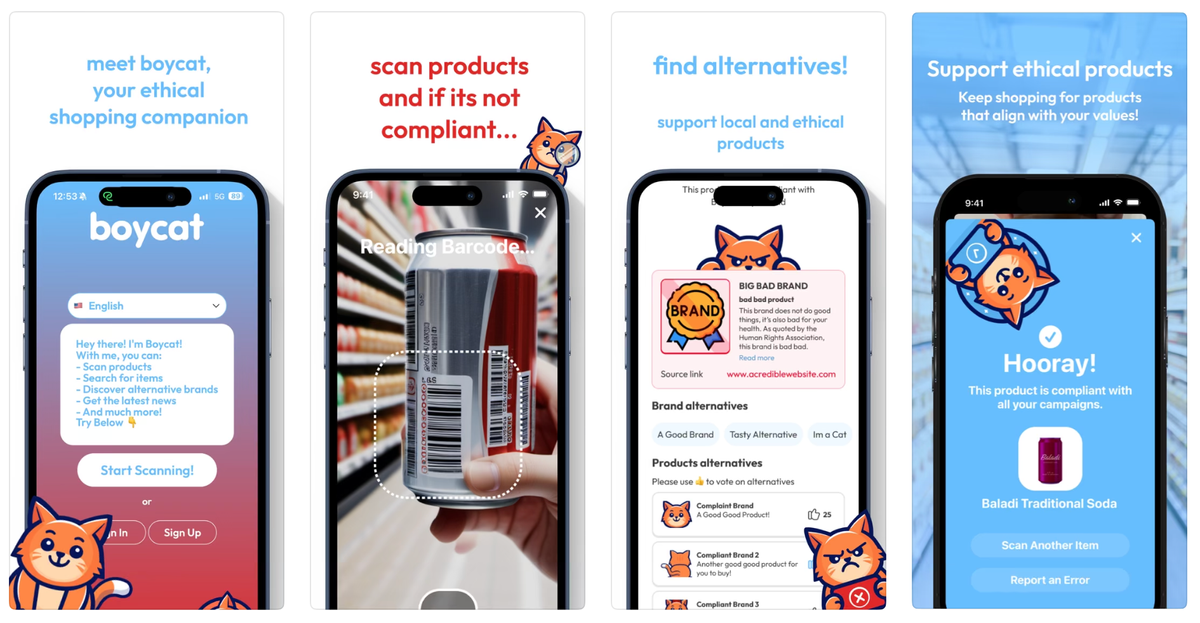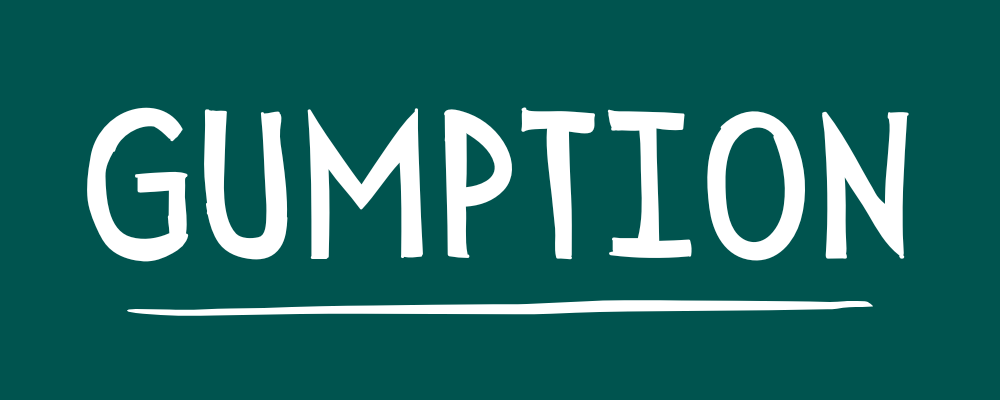Getting involved in the Boycott, Divestment, and Sanctions (BDS) Movement

Good morning! This week’s newsletter is a little dense, but I hope you’ll bear with me. In the fall of 2023, my social media feed became inundated with images and videos of children being murdered and maimed by the Israel Defense Forces in Gaza. It was overwhelming and horrifying, and I felt a deep sense of helplessness—as I am sure many of you did as well. I went searching for ways to contribute to ending these atrocities, and that research led me to the Boycott, Divestment, and Sanctions (BDS) Movement.
You’re probably already familiar with some of the most famous boycotts in history, such as the Montgomery Bus Boycott, which drew media attention to the Civil Rights movement and helped push the U.S. to desegregate buses; the Delano Grape Strike, which ultimately led to the creation of the nation’s first farm workers union: the United Farm Workers of America; or the Anti-Apartheid Movement, which was a series of boycotts of South Africa via consumer goods, sporting events, academic ties, travel, and more.
While all three of these examples may be many decades in the past, boycotts are still one of the most accessible and effective tools we have at our fingertips to nonviolently demand change.
The Boycott, Divestment, Sanctions (BDS) Movement is a Palestinian-led movement for freedom, justice, and equality that upholds the simple principle that Palestinians are entitled to the same rights as the rest of humanity. BDS was modeled after the Anti-Apartheid Movement and initially launched in 2005 via this open letter, which demands that Israel end its three forms of injustices that infringe international law and Palestinian rights by:
- Ending its occupation and colonization of all Arab lands and dismantling the Wall
- Recognizing the fundamental rights of the Arab-Palestinian citizens of Israel to full equality; and
- Respecting, protecting, and promoting the rights of Palestinian refugees to return to their homes and properties as stipulated in UN Resolution 194.
The BDS Movement returned to the international spotlight in the fall of 2023 as Israel began its latest siege of Gaza—a genocidal act which has resulted in the deaths of nearly 50,000 Palestinians, half of which are women, children, or the elderly.
Here are some simple ways to get involved with/receive more information about BDS actions:
- I recommend you start by reviewing the BDS Movement website, signing up for their email updates, and following their social media accounts on whichever platforms you are active.
- Join a BDS Campaign by visiting the Get Involved page, entering your home country, and choosing one or more campaign arms to follow via email alerts or social media.
- Review this list of some of the U.S.-based BDS wins to learn more about how these actions are working.
- Download the Boycat app and its browser extension to more easily participate in the economic boycott aspect of the BDS Movement.
I am an enthusiastic user of the Boycat app, and I want to highlight just how easy it is to utilize. When you’re shopping at the grocery store (or any store), you simply scan the barcode on the item, and the app will tell you whether it falls under the BDS boycott or not. Let’s say a bag of chips you intended to purchase is on the boycott list, just look for a similar style and try scanning it instead. Will you occasionally need to go with something that’s not your favorite name-brand product? Absolutely. But speaking from experience, the feeling of knowing you’re making ethical purchases far outweighs any inconvenience you might encounter from needing to pivot to a different purchase.
My wife and I are committed to trying to shop in accordance with the BDS Movement, but the truth is that sometimes we make little mistakes. So, be sure to keep in mind that perfection isn’t the goal here—moving the needle in the direction of justice for the Palestinian people is, and this is just one small way you can do your part to help get us there.
Boost Browsing:
Please allow me to introduce a recurring section of the newsletter I am affectionately calling “Boost Browsing,” which is meant to counteract any doomscrolling you may or may not have been doing lately.
You Can’t Ask That - Award-winning Australian documentary series in which people from marginalized groups respond candidly to questions about their identities and experiences.
This series has such a hold on me right now, and thankfully, there are already tons of seasons out and ready for binging. The show does an amazing job of leaning into the human spirit while also debunking unhelpful stereotypes.
The Cornell Lab Northern Royal Albatross Live Cam - Otago Peninsula in the Taiaroa Head Nature Reserve of New Zealand
For the last few months, my wife and I have had an evening tradition. After I make dinner, we sit down together to talk about our day, do our NYT puzzles, and watch the Northern Royal Albatross Cam. We watched as the parent albatrosses took turns incubating their egg and finding food for one another. Then, we got to see the chick immediately after it hatched! And for the last month, they’ve taken turns sitting on this wobbly little white fluff ball. Now, the chick is big enough for both parents to leave at the same time, so sometimes, it just has to hang out in the nest until one of them brings back a snack. These birds and the beautiful New Zealand views have somehow made the winter months more bearable. Highly recommend.
Reading Rec of the Week:
The Long Way to a Small, Angry Planet - by Becky Chambers
The world is hard enough lately, so I have been forgoing my normal amount of literary fiction and frequently escaping into outer space and social structures totally unlike our own. Becky Chambers is writing the kind of sci-fi that lit majors like me will love, and it gets bonus points for LGBTQ+ content. This particular book is the first of four books called the Wayfarers Series. So if you love this one, there’s more to enjoy!
